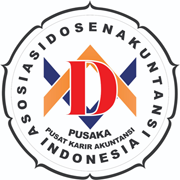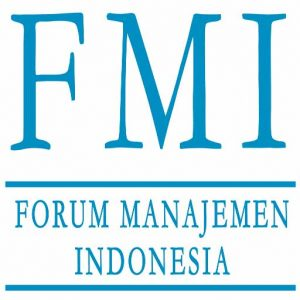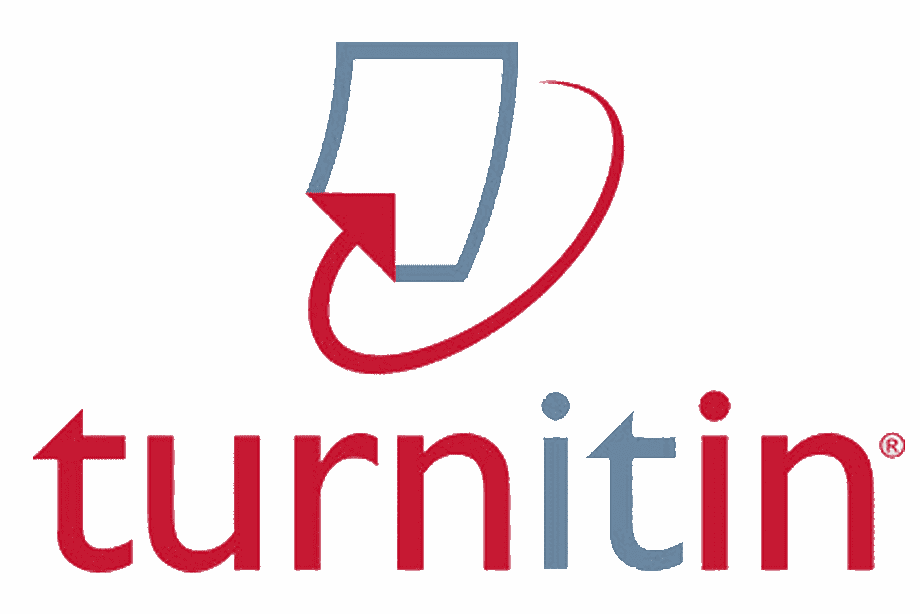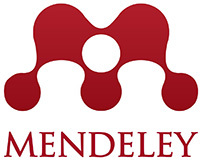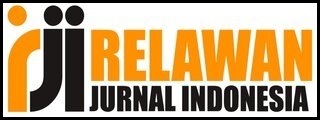Sustainable Coffee Empowerment in Saudi Arabia: Unleashing Potential Through Comprehensive Cupping Sessions
Keywords:
Specialty Coffee, Quality Assurance, Differentiation Strategy, Sustainability, Coffee Value ChainAbstract
This paper describes a study that used coffee cupping sessions to evaluate various coffee samples from green coffee merchants in Saudi Arabia. The study focuses on attaining quality assurance, assessing suppliers, empowering people, encouraging sustainability, and differentiating the firm in the market. The study integrates theories such as Expectancy Disconfirmation Theory, Resource-Based View, Self-Determination Theory, Triple Bottom Line, and Differentiation Strategy. Qualitative and quantitative elements were blended in a mixed methods approach. Randomly chosen single origin coffee samples were procured from trustworthy vendors in Jeddah, Riyadh, and Dammam. Cupping sessions were held in accordance with the Specialty Coffee Association (SCA) standard cupping methodology, and experienced participants rated the samples. The results and analysis included an overview of the cupping sessions, sensory evaluation data analysis, a comparison of samples from various suppliers, and the identification of important taste profiles and attributes. Employee empowerment was also stressed in the study through coffee evaluation, which included training and educational activities, the impact on participants' knowledge and abilities, and their feedback and reflections. Furthermore, the study looked at the consequences of sustainability, focusing on supporting sustainable practices, strengthening partnerships with suppliers, and improving quality to increase market competitiveness. The cupping session technique was described in depth in the professional report, which included randomization and sample division, roasting and resting methods, standardized roasting procedures, calibration and perception sessions, blind cupping, transparency measures, and post-cupping session communication
References
Alhaddi, H. (2015). Triple bottom line and sustainability: A literature review. Business and Management studies, 1(2), 6-10.
Baggenstoss, J., Poisson, L., Kaegi, R., Perren, R., & Escher, F. (2008). Coffee roasting and aroma formation: application of different time− temperature conditions. Journal of agricultural and food chemistry, 56(14), 5836-5846.
Baqueta, M. R., Coqueiro, A., & Valderrama, P. (2019). Brazilian coffee blends: A simple and fast method by near‐infrared spectroscopy for the determination of the sensory attributes elicited in professional coffee cupping. Journal of food science, 84(6), 1247-1255.
Barney, J. (1991). Firm resources and sustained competitive advantage. Journal of management, 17(1), 99-120.
Deci, E. L., Olafsen, A. H., & Ryan, R. M. (2017). Self-determination theory in work organizations: The state of a science. Annual review of organizational psychology and organizational behavior, 4, 19-43.
Elkington, J., & Rowlands, I. H. (1999). Cannibals with forks: The triple bottom line of 21st century business. Alternatives Journal, 25(4), 42.
Gao, J., Chen, G., Wu, J., Wang, Y., Hu, Y., Xu, T., ... & Yang, Z. (2020). Reliability map of individual differences reflected in inter-subject correlation in naturalistic imaging. Neuroimage, 223, 117277.
Giacalone, D., Degn, T. K., Yang, N., Liu, C., Fisk, I., & Münchow, M. (2019). Common roasting defects in coffee: Aroma composition, sensory characterization and consumer perception. Food quality and preference, 71, 463-474.
Giacalone, D., Degn, T. K., Yang, N., Liu, C., Fisk, I., & Münchow, M. (2019). Common roasting defects in coffee: Aroma composition, sensory characterization and consumer perception. Food quality and preference, 71, 463-474.
Hu, G., Peng, X., Gao, Y., Huang, Y., Li, X., Su, H., & Qiu, M. (2020). Effect of roasting degree of coffee beans on sensory evaluation: Research from the perspective of major chemical ingredients. Food chemistry, 331, 127329.
Illy, A., & Viani, R. (Eds.). (2005). Espresso coffee: the science of quality. Academic Press.
Jafari, M., & Rezaee, F. (2014). The effect of resource-based view on sustainable capability advantage. Management Science Letters, 4(12), 2537-2554.
Kothari, C. R. (2004). Research methodology: Methods and techniques. New Age International.
Lancaster, K. J. (1966). A new approach to consumer theory. Journal of political economy, 74(2), 132-157.
Lankton, N., McKnight, D. H., & Thatcher, J. B. (2014). Incorporating trust-in-technology into Expectation Disconfirmation Theory. The Journal of Strategic Information Systems, 23(2), 128-145.
Lingle, T. R. (2011). The coffee cupper's handbook: a systematic guide to the sensory evaluation of coffee's flavor (p. 66). Long Beach: Specialty Coffee Association of America.
Maspul, K. A. (2022). Applying the sustainable knowledge and behavior to coffee roasters professional in the UAE. Jurnal Pengabdian dan Pemberdayaan Masyarakat Indonesia, 2(1), 1-8.
Miller, K. A., Deci, E. L., & Ryan, R. M. (1988). Intrinsic motivation and self-determination in human behavior. Contemporary Sociology, 17(2), 253.
Oliver, R. L. (1980). A cognitive model of the antecedents and consequences of satisfaction decisions. Journal of marketing research, 17(4), 460-469.
Pereira, L. L., Guarçoni, R. C., Pinheiro, P. F., Osório, V. M., Pinheiro, C. A., Moreira, T. R., & Ten Caten, C. S. (2020). New propositions about coffee wet processing: Chemical and sensory perspectives. Food Chemistry, 310, 125943.
Porter, M. E. (2011). Competitive advantage of nations: creating and sustaining superior performance. simon and schuster.
Qayyum, Y. (2017). Product Differentiation Strategies and Impact of Factors Influencing the Differentiation Process. International Business Management, 11(1), 177-182.
Roldán Bravo, M. I., Llorens Montes, F. J., & Ruiz Moreno, A. (2017). Open innovation in supply networks: an expectation disconfirmation theory perspective. Journal of Business & Industrial Marketing, 32(3), 432-444.
SCA (Specialty Coffee Association). (2020). The Coffee Systems Map. Retrieved from https://sca.coffee/coffee-systems-map
Schenker, S., Heinemann, C., Huber, M., Pompizzi, R., Perren, R., & Escher, R. (2002). Impact of roasting conditions on the formation of aroma compounds in coffee beans. Journal of food science, 67(1), 60-66.
Sinnott, K. (2011). The art and craft of coffee: an enthusiast's guide to selecting, roasting, and brewing exquisite coffee. Quarry Books.
Specialty Coffee Association. (2018). SCA Arabica Cupping Form. Retrieved from https://sca.coffee/store-index/sca-arabica-cupping-form
Spence, C., & Piqueras-Fiszman, B. (2014). The perfect meal: the multisensory science of food and dining. John Wiley & Sons.
Stone, H., Bleibaum, R. N., & Thomas, H. A. (2020). Sensory evaluation practices. Academic press.
Sulaeman, M., & Kusnandar, H. F. (2020). Establish a competitive advantage with market sensing capability, distinctive competence and product innovation for performance marketing and sustainability efforts. In Journal of Physics: Conference Series (Vol. 1477, No. 7, p. 072019). IOP Publishing.
Wieland, J., & Fischer, D. (2020). Transaction cost theory and business legitimacy. Handbook of Business Legitimacy: Responsibility, Ethics and Society, 1147-1167.
Williamson, O. E. (1979). Transaction-cost economics: the governance of contractual relations. The journal of Law and Economics, 22(2), 233-261.
Yeager, S. E., Batali, M. E., Guinard, J. X., & Ristenpart, W. D. (2023). Acids in coffee: A review of sensory measurements and meta-analysis of chemical composition. Critical reviews in food science and nutrition, 63(8), 1010-1036.
Downloads
Published
How to Cite
Issue
Section
License
Copyright (c) 2023 Kurniawan Arif Maspul

This work is licensed under a Creative Commons Attribution-ShareAlike 4.0 International License.

This work is licensed under a CC Attribution-ShareAlike 4.0

 Kurniawan Arif Maspul
Kurniawan Arif Maspul
 Univerity of the People, Pasadena, California
Univerity of the People, Pasadena, California



